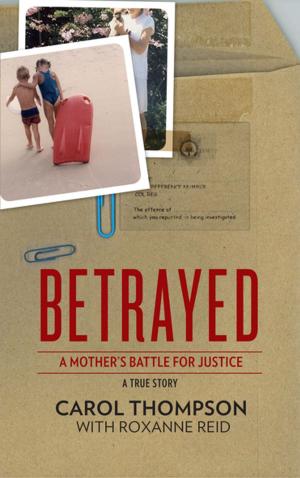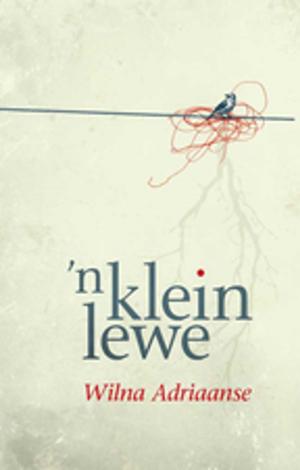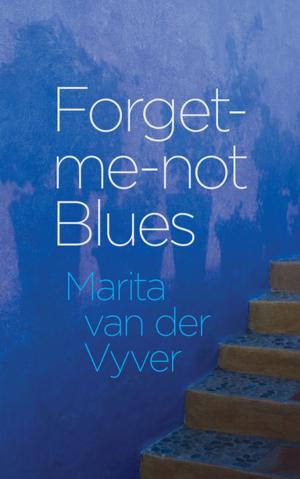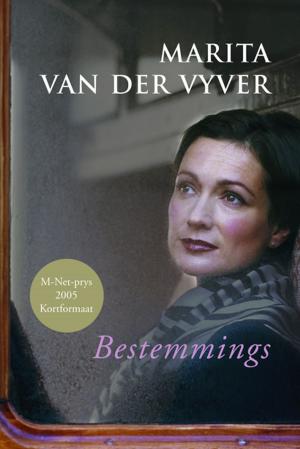| Author: | Cicely Van Straten | ISBN: | 9780624055037 |
| Publisher: | Tafelberg | Publication: | August 5, 2012 |
| Imprint: | Tafelberg | Language: | English |
| Author: | Cicely Van Straten |
| ISBN: | 9780624055037 |
| Publisher: | Tafelberg |
| Publication: | August 5, 2012 |
| Imprint: | Tafelberg |
| Language: | English |
Huberta the hippopotamus is one of the most famous animals in South African history. In November 1928 Huberta left her waterhole in the St. Lucia Estuary in Kwa-Zulu Natal province and set off on the 1600 km journey to the Eastern Cape, a journey which would take her three years. In that time Huberta became a minor celebrity and attracted crowds wherever she went. She was initially thought to be a male and was nicknamed Hubert by the press. She stopped for a while at the mouth of the Mhlanga River in KZN where a failed attempt was made to capture her and put her in the Johannesburg Zoo. After this she headed south to Durban where she visited a beach and a country club. Moving on to the Umgeni River she became revered by Zulus and Xhosas alike. Finally she arrived in East London in March 1931. Despite her having been declared Royal Game (and thus protected) by the Natal Provincial Council, she was shot by hunters a month later. After a public outcry the hunters were arrested and fined. Huberta's body was recovered and sent to a taxidermist in London. Upon her return to South Africa in 1932 she was greeted by 20,000 people and can now be seen in the Amathole Museum in King William’s Town.
Huberta the hippopotamus is one of the most famous animals in South African history. In November 1928 Huberta left her waterhole in the St. Lucia Estuary in Kwa-Zulu Natal province and set off on the 1600 km journey to the Eastern Cape, a journey which would take her three years. In that time Huberta became a minor celebrity and attracted crowds wherever she went. She was initially thought to be a male and was nicknamed Hubert by the press. She stopped for a while at the mouth of the Mhlanga River in KZN where a failed attempt was made to capture her and put her in the Johannesburg Zoo. After this she headed south to Durban where she visited a beach and a country club. Moving on to the Umgeni River she became revered by Zulus and Xhosas alike. Finally she arrived in East London in March 1931. Despite her having been declared Royal Game (and thus protected) by the Natal Provincial Council, she was shot by hunters a month later. After a public outcry the hunters were arrested and fined. Huberta's body was recovered and sent to a taxidermist in London. Upon her return to South Africa in 1932 she was greeted by 20,000 people and can now be seen in the Amathole Museum in King William’s Town.















